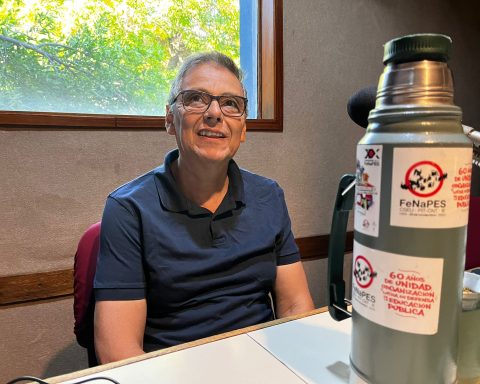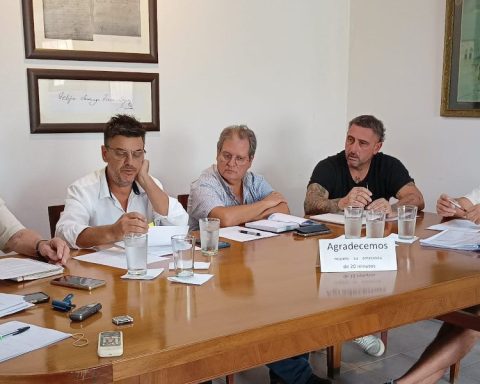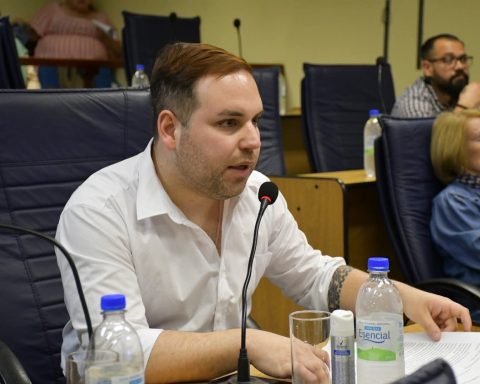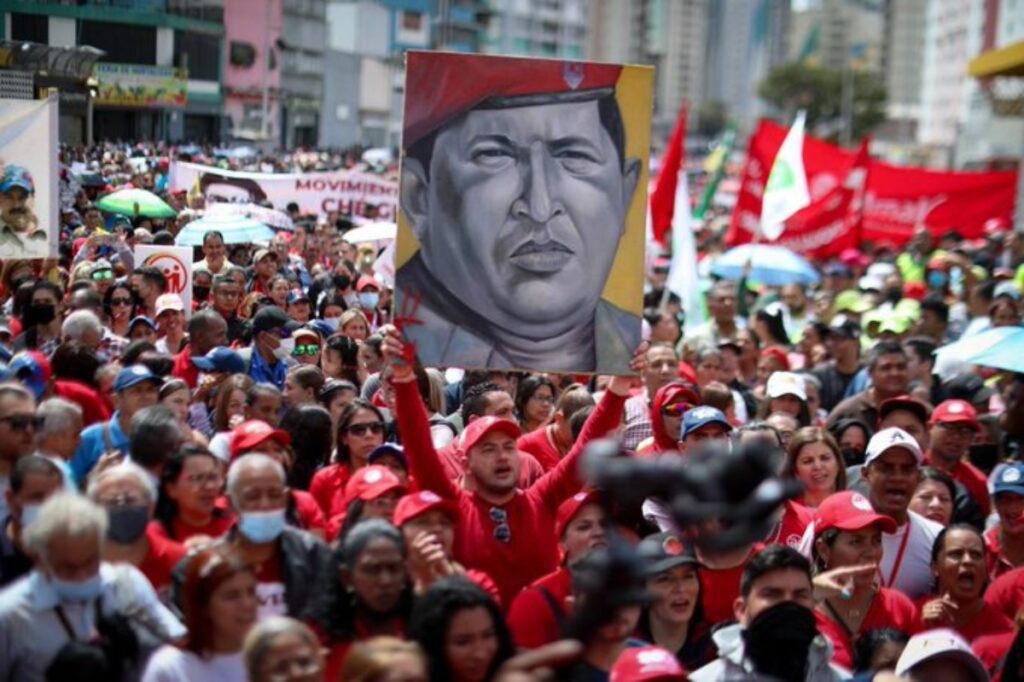Nearly three-quarters (73%) of CEOs surveyed globally think global economic growth will slow by 2023, according to the annual survey of CEOs by the international consulting firm PwC (PriceWaterhouseCoopers). The survey considered the opinion of 4,410 CEOs from 105 countries around the world between October and November 2022.
According to the agency, “This gloomy picture” that CEOs envision is the most pessimistic they have expressed about global economic growth since this question was first asked 12 years ago.
This result “represents a significant departure from the optimistic visions of 2021 and 2022, when more than two-thirds (76% and 77%, respectively) thought that economic growth was going to improve,” said the analysis.
In addition, among Uruguayan CEOs pessimism also reaches a record figure (62%)while optimism regarding the growth of the world economy returned to pre-pandemic levels, standing at 32%.
Uruguay: more pessimistic than 2022, but more optimistic than average
A third of Uruguayan CEOs believe that the organization they lead will not be economically viable in ten years if you continue on the path you are currently on. At a global level, this figure reaches almost 40%, which is why it is above that registered at the national level.
The confidence of CEOs globally in their own company’s growth prospects also “dropped sharply” (-26%) compared to the numbers registered during the past year. These figures represent the largest drop since the 2008 financial crisis, when a 58% decline was recorded, the report detailed.
In Uruguay there was also a drop in executive directors who were more optimistic for this year compared to last. The most optimistic CEOs in Uruguay dropped from 48% to 38%. In any case, this means that “general optimism is maintained that there will be growth in the income of their organizations,” the survey pointed out. 83% of the executive directors stated that they are between very and moderately confident that this will be the case.
Where do the challenges for the world of work in Uruguay come from?
According to local CEOs, for the next decade they envision multiple challenges that will impact the profitability of their organizations. The first challenge is technological disruptions, which stands out with 68%. The changes due to consumer demand or preference it was positioned as the second biggest challenge, with 55% along with regulatory changes, whose option represented the same percentage. The top five of this list was completed with the transition to new energy sources (43%) and the labor and skill shortages (42%).
Commercial partners for Uruguay: Brazil firm; Chinese, a little less
Mariana Castineiras
Mariana Castineiras
Brazil consolidates as the main commercial partner of Uruguayan companies, for its managers
Brazil continues to be the first option for Uruguayan CEOs when they are consulted by the main business partner for the growth of their companies over the next year. In this sense, the South American giant is the most important partner for Uruguayan executives with 38% of the answers obtained.
The list of the main destinations for local CEOs is completed by the United States (30%), Argentina (28%), China (28%) and Chile (13%).
Notably both China and Argentina lost weight as a trading partner for the leaders of Uruguayan companiesgiven that the first destination decreased 10 points and the second, 7 compared to last year.
the greater evils
“Whereas a year ago cyber and health risks ranked highest, this year the impact of the economic downturn is top of mind for CEOs globally, with the inflation (40%) and the macroeconomic volatility (31%) in the lead in the short term (that is, for the next 12 months) and during the following 5 years”, the report pointed out.
“As recently as 25% of CEOs also feel financially exposed to the risks of geopolitical conflictsbut the cyber risks (20%) and the climate change (14%) recede in relative terms”, the document developed.
In this case, Uruguayan CEOs have a perception very similar to that of the rest of the world.since inflation is also the main threat in the short term, but significantly lower than the global vision (26% to 40%).
“CEOs are cutting expenses, but not staffing or compensation”
Due to the current situation of volatility, CEOs around the world, in response, “seek to cut costs and stimulate revenue growth,” the study detailed.
In Uruguay, meanwhile, 51% of CEOs indicated they reduced operating costswhile 43% admit to having diversified their product offer and 28%, looking for new suppliers.
Nevertheless, almost three-quarters of CEOs (74%) said they “do not plan to reduce the volume of their staffing in the next 12 months”. A vast majority (87%) indicated that they “do not plan to reduce staff salaries” with the aim of retaining talent and mitigating job desertion rates.
Globally this situation is very similar.
“The speed of change and increasing external threatslead CEOs to diagnose and warn about the urgent need to update the strategies and operating models of their companies to thus ensure their survival in an increasingly troubled world”, explained the main partner and leader of PwC Uruguay Audit, Omar Cabral.

Pexels
The confidence of CEOs globally in the growth prospects of their own company also “dropped sharply”
A world in turmoil and the effect of the “great resignation”
“A volatile economy, decades of high inflation and geopolitical conflicts have contributed to generating a level of pessimism among CEOs that has not been seen in more than a decade. As a result, CEOs around the world are reassessing their operating models and cutting costs,” explained PwC Global Chairman Bob Moritz.
“Despite these pressures, they continue to put people first as they seek to retain talent after the ‘big resignation.’ The world is changing rapidly, and the risks facing organizations, people, and the
planet will only increase”, the expert explained.
“If companies want to survive not just a few years but thrive, they will need to strike a delicate balance between the twin imperatives of mitigating short-term risk and long-term operational demands and results, as organizations that do not transform, they will not be viable”, concluded Morit.
















